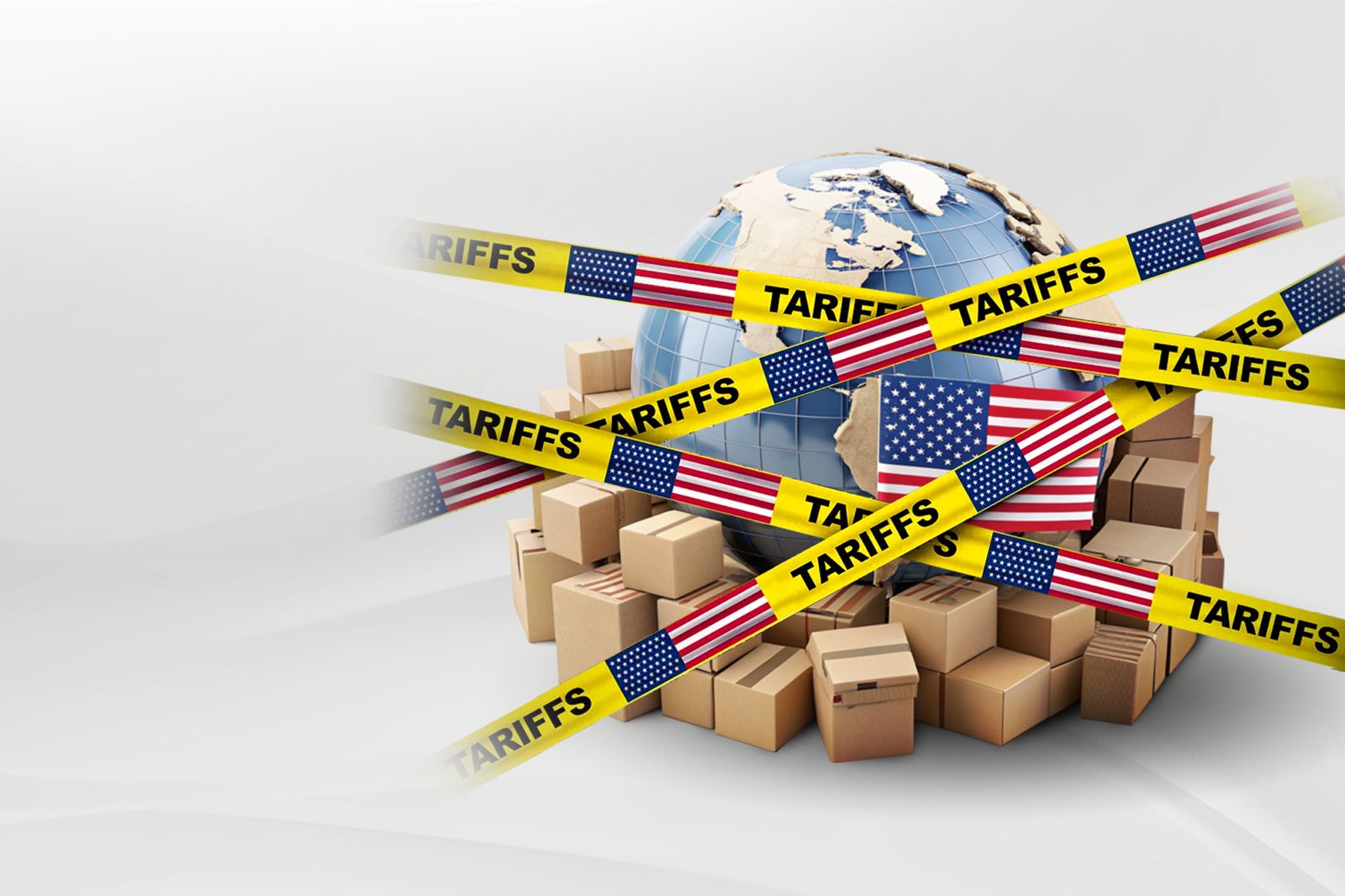
Trade tensions shake global markets
Global stock markets are facing renewed volatility after the U.S. announced sweeping new tariffs on imported goods earlier this month. The 10% blanket tariff, combined with steeper duties on imports from countries like China and Germany, triggered an immediate sell-off across major indices. Over $3 trillion in market value was wiped out in just a few days.
The Dow Jones, S&P 500, and Nasdaq all fell sharply, with tech and manufacturing sectors taking the biggest hit. Global markets followed suit as investors feared retaliation, disrupted supply chains, and slower global growth.
“This isn’t a temporary shock—it’s a structural shift,” said Diane Lockwood, chief economist at Franklin Capital. “Companies are facing rising costs and shrinking margins, and investors are recalibrating accordingly.”
The International Monetary Fund (IMF) has warned that prolonged trade conflict could weaken global growth and increase financial instability. Meanwhile, uncertainty over how the Federal Reserve might respond adds to investor unease.
Sectors tied closely to global trade, especially tech and consumer goods, have seen significant losses. Defensive sectors like healthcare and utilities have held steadier as investors seek safer ground.
The CBOE Volatility Index (VIX) has spiked to its highest level in over two years, underscoring the market's unease. While some investors are optimistic about potential diplomatic resolutions, others are adopting more conservative strategies and diversifying outside U.S. equities. With earnings season underway, market watchers expect cautious outlooks and revised guidance from multinational firms. For now, volatility looks here to stay—making resilience and adaptability the key themes for investors in 2025.
